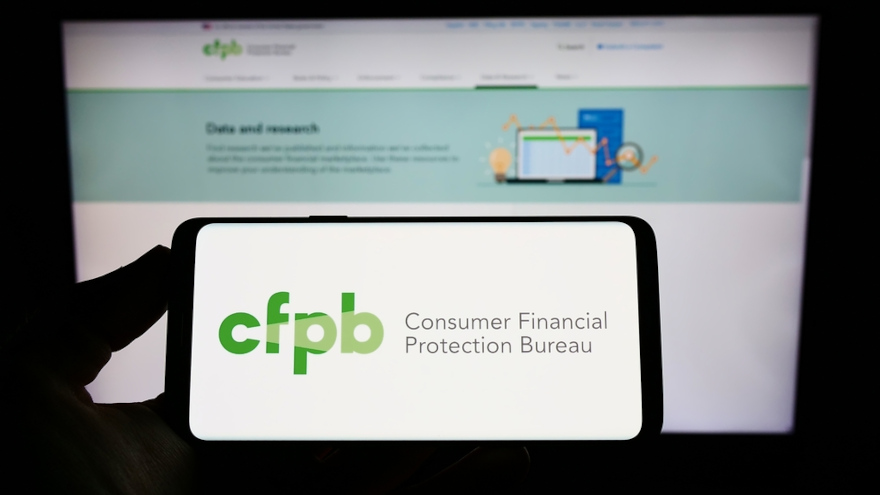Final-payment collecting catches CFPB’s attention

Image by T. Schneider / Shutterstock.com
By subscribing, you agree to receive communications from Auto Remarketing and our partners in accordance with our Privacy Policy. We may share your information with select partners and sponsors who may contact you about their products and services. You may unsubscribe at any time.
Just ahead of Fourth of July, the Consumer Financial Protection Bureau released its summer installment of Supervisory Highlights, which included the regulator’s examination of auto financing servicing activities.
The bureau said it primarily assessed servicers’ compliance with the Consumer Financial Protection Act’s prohibition on unfair, deceptive or abusive acts or practices (UDAAP).
Officials indicated recent auto finance servicing examinations identified unfair acts or practices related to collecting the final payment for retail installment contracts.
Specifically, the CFPB found that finance companies failed to auto debit the final payment without adequate notification that contract holders must make the final payment manually.
The CFPB explained act or practice is unfair when:
—It causes or is likely to cause substantial injury to consumers
Subscribe to Auto Remarketing to stay informed and stay ahead.
By subscribing, you agree to receive communications from Auto Remarketing and our partners in accordance with our Privacy Policy. We may share your information with select partners and sponsors who may contact you about their products and services. You may unsubscribe at any time.
—The injury is not reasonably avoidable by consumers
—The injury is not outweighed by countervailing benefits to consumers or to competition
“Servicers offered preauthorized recurring electronic fund transfer enrollment for consumers to make automatic payments on their loans,” the CFPB said in the Supervisory Highlights. “The servicers’ autopay systems did not debit consumers’ final payments when they were a different amount from their regular monthly payments.
“Servicers failed to adequately communicate to consumers that they must remit the final payment manually, despite being enrolled in autopay. Servicers then charged consumers late fees for failing to make the final payment on time,” the bureau continued. “This practice caused substantial injury to the consumers in the form of late fees assessed when the final payment was not made. Consumers could not reasonably avoid the injury because they had no control over the autopay system the servicers chose to use.
“Further, consumers did not reasonably anticipate that a servicer’s autopay system would not make the final payment. Consumers could not reasonably foresee incurring a late charge as a result. The injury was not outweighed by any countervailing benefits to consumers or competition,” officials went on to say.
Once the bureau learned of this situation, officials shared what finance companies did.
“In response to these findings, servicers are revising their policies and procedures to ensure that they either include the final payment in autopay withdrawals or adequately notify consumers enrolled in autopay if and when a payment is required to be submitted manually,” the CFPB said.


